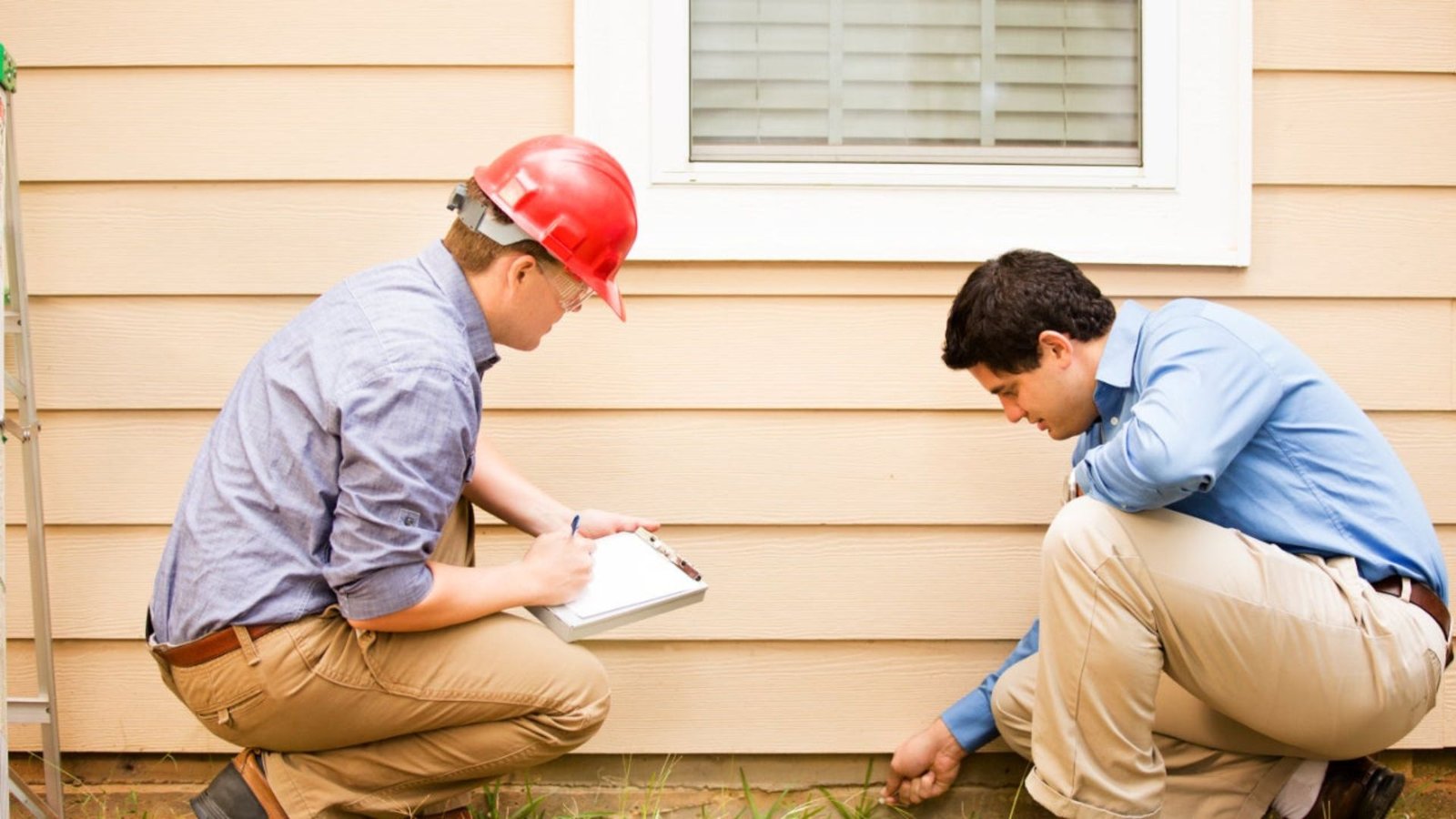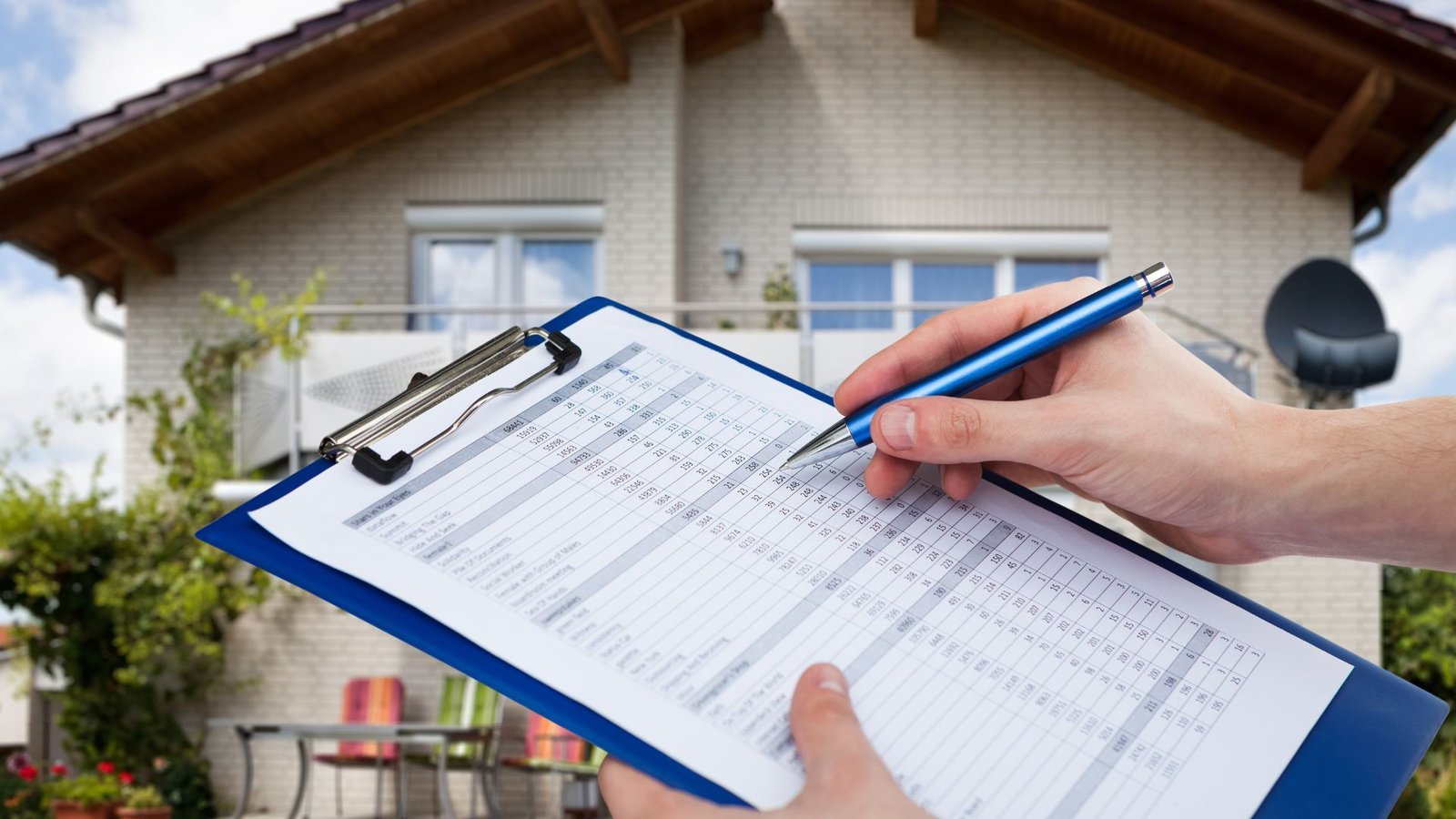When you’re buying a home, one of the most important steps is to have a home inspection. A home inspection gives you a clear picture of the condition of the property, which can help you avoid expensive surprises down the road. However, before you schedule your inspection, it’s natural to wonder: how much does a home inspection cost? In this article, we’ll break down the factors that affect the price and give you a better idea of what to expect.

Why Is a Home Inspection Important?
A home inspection is a detailed examination of a property. It’s conducted by a licensed professional who checks the house for any hidden issues, such as problems with the roof, plumbing, electrical systems, or foundation. The cost of the inspection is a small price to pay compared to the potential costs of major repairs if any problems are found.
By getting an inspection, you can identify red flags and either negotiate with the seller to fix issues or decide whether to move forward with the purchase.
Factors That Affect Home Inspection Costs
The cost of a home inspection can vary depending on several factors. Here are some of the most common factors that influence the price:
1. Location
The location of the property plays a significant role in the cost of the inspection. In larger cities or areas with a high cost of living, you might expect to pay more for a home inspection. In contrast, smaller towns or rural areas may have lower inspection fees. Different regions can have varying market prices, so it’s important to research the costs in your area.
2. Size of the Home
The size of the property being inspected is another important factor. Larger homes typically cost more to inspect than smaller homes because there is more area to cover. For example, a 1,000-square-foot home might cost less to inspect than a 3,000-square-foot home because the inspector will need more time to check a larger property. The bigger the house, the higher the cost for the inspection.
3. Age of the Home
Older homes often have more issues than newer homes, so inspections on older properties might cost more. Inspectors may need to spend extra time checking for problems such as outdated wiring, plumbing issues, or foundation concerns. Newer homes may have fewer problems to check, which can sometimes lead to a lower cost for the inspection.
4. Type of Property
The type of property you’re buying can also affect the cost of the inspection. For example, a condo or townhouse may be less expensive to inspect than a standalone single-family home because of the smaller size and fewer systems to check. On the other hand, a multi-unit building or a historic home may require more time and expertise to inspect, leading to a higher cost.
5. Additional Services
Sometimes, home inspections can include extra services for an additional fee. These services may be added to the basic inspection price, depending on the type of home and its condition. Common additional services include:
- Pest inspection (termites, rodents, etc.): Termites can cause serious damage to a home, so a pest inspection is often added to check for infestations.
- Radon testing: Radon is a colorless, odorless gas that can be harmful to health. Radon testing is an extra service to measure the radon levels in the home.
- Mold inspection: If there’s a suspicion of mold, a mold inspection can be added to identify any hidden growth.
- Sewer line inspection: This service checks the sewer line for blockages or damage.
Each of these services adds to the cost of the home inspection. If you’re interested in any of these extra inspections, be sure to discuss them with your inspector before the appointment.
6. Experience and Reputation of the Inspector
The experience and reputation of the inspector can also affect how much a home inspection costs. Inspectors with more experience or who are highly rated may charge higher fees because they bring more expertise to the process. However, paying a bit more for an experienced inspector can be worthwhile, as they are more likely to catch issues that someone less experienced might miss.
7. Inspection Turnaround Time
If you need the inspection report quickly, it might cost more. Some inspectors offer expedited services for an additional fee if you have tight deadlines, such as needing the report for a fast-approaching closing date.
Average Cost of a Home Inspection
While the exact price can vary, a typical home inspection generally costs between $300 and $500. This range depends on factors like location, size of the home, and the inspector’s experience. Here are some rough estimates based on home size:
- Small homes (under 1,000 square feet): $250 to $350
- Medium homes (1,000 to 2,000 square feet): $350 to $450
- Large homes (2,000 to 3,000 square feet): $450 to $600
- Very large homes (over 3,000 square feet): $600 or more
If additional services, like radon or mold testing, are needed, the cost can rise to $700 or more.
Is a Home Inspection Worth the Cost?
Although a home inspection adds to the cost of buying a home, it is a small investment compared to the potential cost of repairing serious problems. Without an inspection, you might unknowingly buy a home with major issues, like a leaky roof, foundation problems, or outdated plumbing and electrical systems.
The peace of mind you gain from knowing the true condition of a home is invaluable. Plus, if issues are found, you can use the inspection report to negotiate with the seller for repairs or a price reduction.
In the end, spending a few hundred dollars on an inspection can save you thousands in repairs and help you make an informed decision about your purchase.
How to Save on Home Inspection Costs
If you’re looking to save on home inspection costs, here are a few tips:
- Shop Around: Get quotes from several inspectors in your area to compare prices. Be sure to ask about what services are included in the base price.
- Bundle Inspections: If you need additional services (like pest, radon, or mold inspections), ask if you can bundle them with the main inspection for a discount.
- Negotiate with the Seller: Sometimes, buyers can ask the seller to cover the cost of the home inspection, especially if the seller is motivated to sell quickly.
- Choose a Reputable Inspector: Don’t just go for the cheapest option. It’s important to hire an inspector with good reviews and experience to ensure the inspection is thorough.
Conclusion
A home inspection is an essential part of the home-buying process. The cost of a home inspection typically ranges from $300 to $500, depending on factors like location, size of the home, and additional services needed. While this may seem like an extra expense, it’s a small price to pay to avoid major issues that could cost you more in the long run.
By understanding the factors that influence the cost and considering the potential savings from identifying problems early, you can make a more informed decision and feel confident in your home-buying journey.




